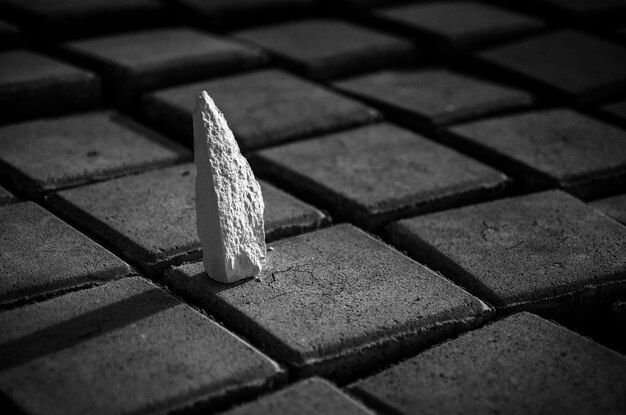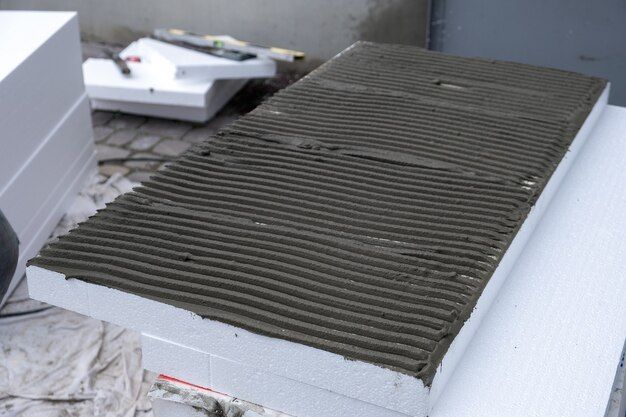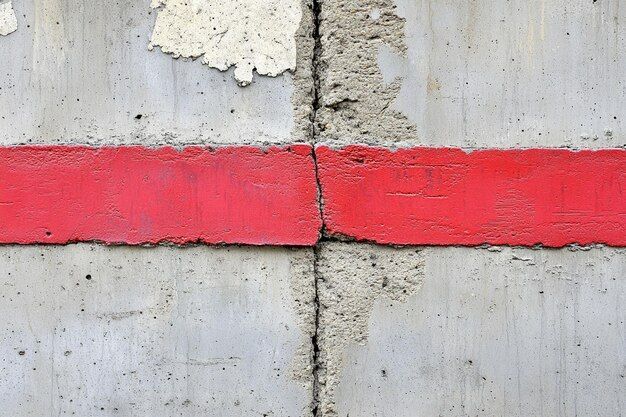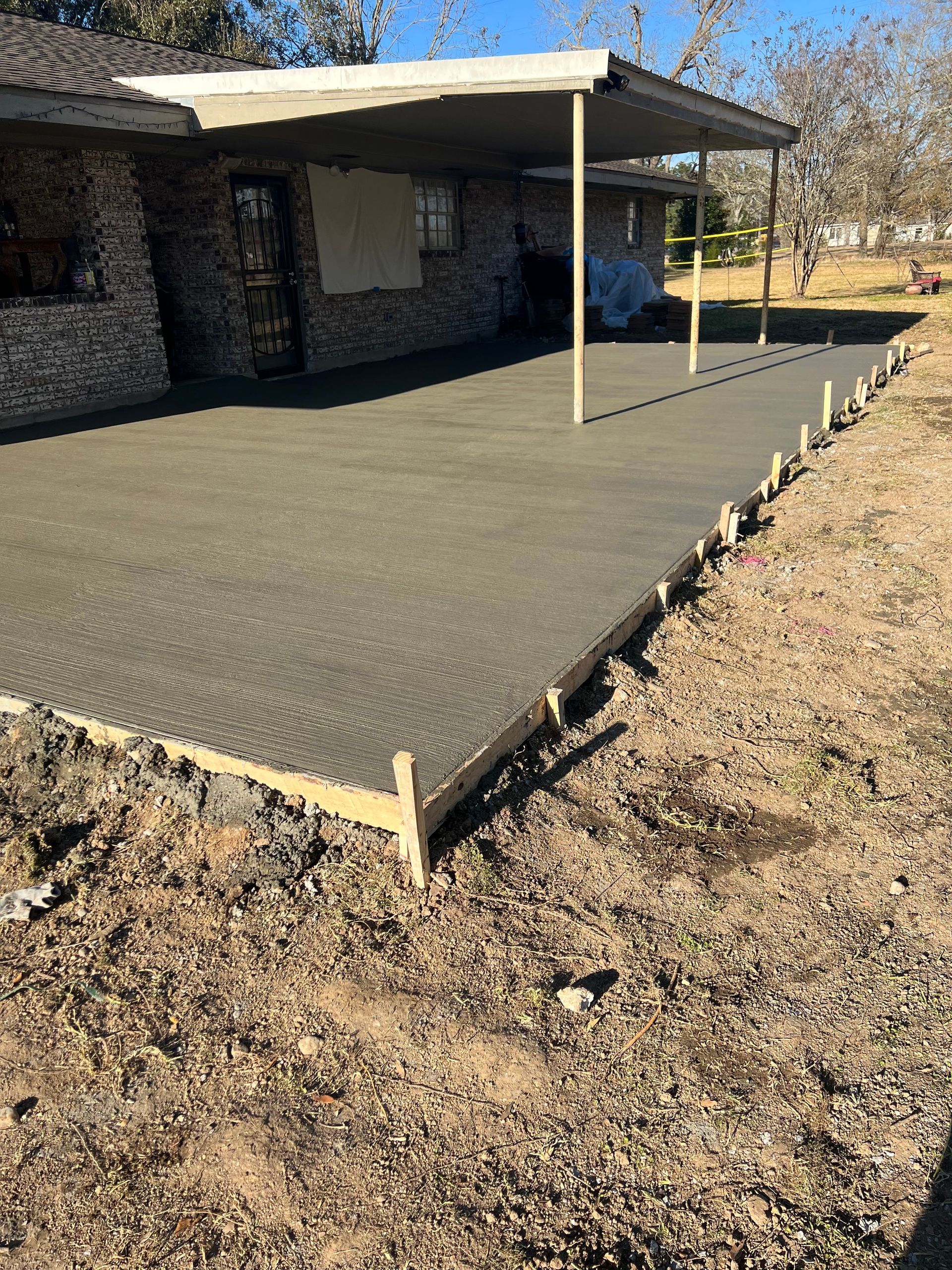From Small to Large-Scale: How Professional Concrete Contractors in Baton Rouge LA Approach Different Project Sizes
Concrete is a superhero of the construction world. It holds up buildings. It withstands weather. Moreover, it makes driveways look slick. But did you know the way professionals handle concrete projects? And how it can shift wildly depending on the project’s size? Yep, laying a patio is worlds apart from building a skyscraper.
Let’s see how expert contractors adapt their strategies. It's a mix of creativity, expertise, and a whole lot of muscle.
Small vs. Large Projects
At first glance, small and large projects seem similar. The main difference appears to be the size. But, in reality, they’re like two different worlds.
Small projects, like patios or driveways, are simpler. Contractors focus on speed, efficiency, and straightforward execution. Large projects, like malls or bridges, are far more complex. They involve bigger teams and tighter deadlines. Planning huge projects feels like managing a mini-city.
Small Projects: Quick, Clean, and Efficient
For smaller jobs, contractors keep it simple. Imagine you need a new driveway. The contractor shows up with a small team. Some basic tools. And a ready-mix concrete truck. The goal? To get the job done fast. With minimal fuss.
They usually rely on hand-mixing for precision, basic equipment, and a close-knit crew. Why? Smaller projects don’t demand heavy machinery or an army of workers. Plus, these projects often come with tight budgets.
The focus here is speed and cost-efficiency. Contractors know that homeowners want durable results without breaking the bank. And since smaller projects are often outdoors, weather plays a big role. Rain? Bad news. Contractors plan around forecasts to avoid delays or cracks in the concrete.
Large-Scale Projects: The Concrete Olympics
Big projects? They’re an entirely different ball game. Picture a contractor gearing up. He's going to pour the foundation for a massive commercial building. This isn’t something you do on a weekend.
Large-scale jobs demand advanced planning. Blueprints are detailed, schedules are tight, and budgets are enormous. Contractors need teams for everything—material sourcing, machine operations, and quality checks. Everyone works together like clockwork.
And speaking of machines? Forget wheelbarrows and shovels. We’re talking about concrete pumps, massive mixers, and even drones for site inspections. The materials are different too. High-performance concrete becomes the go-to choice here. It is designed for strength and durability.
Planning Makes Perfect: How Contractors Stay Organized
Every concrete project starts with a solid plan. No matter the size. But here’s the difference. Small projects are like a to-do list. While large ones are more like a 500-piece jigsaw puzzle.
For smaller jobs, planning focuses on quick execution. Contractors map out the site, calculate the amount of concrete, and ensure permits (if needed) are in place.
For large-scale projects, planning dives deep. Contractors analyze soil reports, collaborate with engineers, and conduct feasibility studies. Timelines are divided into phases, and every detail—from delivery schedules to worker safety—is carefully considered.
Construction Techniques: Different Tools for Different Jobs
In small projects, contractors stick to the basics. They pour the concrete, smooth it out, and let it cure. Sometimes, they’ll add decorative touches like stamped concrete patterns or colored finishes for a custom look.
But for large-scale jobs, contractors use hybrid techniques. Precast concrete speeds up the process. It is made off-site and transported to the location. For projects requiring flexibility, they rely on in-situ concrete. Poured and set on-site. This combination offers both precision and adaptability.
Cost Management: Keeping Budgets in Check
Budgeting is another area where size matters. For smaller projects, costs are relatively easy to track. Contractors estimate material, labor, and equipment expenses and stick to them. Homeowners appreciate simple, transparent pricing.
Large-scale projects, though, are a financial puzzle. Costs can spiral if not managed well. Contractors use software to monitor every expense, from cement shipments to overtime wages. Detailed reporting helps avoid overruns and keeps the project profitable.
Quality Control: The Secret Sauce to Success
Small projects involve basic quality checks. Contractors ensure the concrete meets local codes and inspect for any cracks during curing.
Large projects? The stakes are higher. Quality assurance is non-negotiable. Contractors test concrete samples for strength, monitor weather conditions during pours, and inspect reinforcements. One mistake could lead to structural issues, so nothing is left to chance.
The Right Equipment for Every Job
Small projects need simple tools. Think mixers, trowels, and a reliable measuring tape. For large projects, the equipment list grows. You’ll see concrete pumps that can reach skyscraper heights, laser-guided screeds for leveling, and even 3D printers creating custom concrete shapes.
Conclusion: Expertise That Scales
Concrete contractors don’t just pour and pray. They adapt their strategies to fit the job, no matter the size. Small projects demand speed, efficiency, and creativity. Large ones require precision, teamwork, and high-tech solutions.
No matter the project. Professional contractors bring the same thing to the table. Expertise! Is it a backyard patio? Or a towering skyscraper? They make it happen with skill and planning. Plus, a touch of artistry!










